Client cost-cutting affecting over 60% planners globally: WARC Strategy Report
WARC, the global authority on advertising and media effectiveness, has today released the results of its recent worldwide survey of senior strategists, highlighting their challenges and the impact the strategic function is having on the ever-changing marketing landscape.
This is WARC’s second Future of Strategy report; the 2018 version is based on an expanded global survey of more than 500 planners and strategists, providing both quantitative and qualitative data on the current state and future expectations of the industry. The trends that emerged are supported and debated by essays from expert contributors from brands and agencies in different regions.
Like last year, the research reveals that, at a time of great change in the marketing industry, the strategic function believes it is growing in influence. The diversification of media through digital channels is causing, in the words of one respondent, “stress and fear” among brands as they attempt to utilise every emerging channel. However, planners and strategists surveyed for this report feel their skills are not necessarily being applied effectively, as time is spent chasing the latest tech.
The theme of clients being driven by short-term, tactical thinking is another clear theme of the report, with one respondent branding this approach “faster, cheaper, but not smarter”. Budget pressures are a clear obstacle; more than 60 per cent of planners globally are affected by client cost-cutting as agencies battle against advertisers moving functions in-house and automating processes as part of efficiency drives.
These budget pressures and the tendency for short-term thinking among brands could also be having a knock-on impact on training for planners. Almost 70 per cent of respondents felt that a lack of training was putting craft skills under threat; a sentiment which is particularly prevalent in APAC, where 37 per cent strongly agreed that this was the case. Increased workloads are also blamed for the finding that 75 per cent of strategists agree they spend too much time at their desks and not enough time out in the ‘real world’.
Key findings:
Strategy teams set to expand as influence grows
More than half of strategists and planners expect their teams to grow over the next year, in an era when most feel that the influence of planning is growing both within their agency and among clients. Despite this optimism, there is a feeling that planners’ skills are not always being applied most effectively, commonly attributed to the pace of change in the industry, and a client focus on tech rather than sustainable strategy.
Shekhar Deshpande, Global Planning Director & Strategy Consulting Director, J. Walter Thompson, commented, “Senior clients want more strategy, perhaps to help them navigate the current marketing labyrinth, and become better marketers.”
Budget cuts are threatening the ‘craft skills’ of strategy
Budget pressures are a clear obstacle for planners and strategists globally. The majority of respondents in all regions say client-side budget cuts are having an impact on strategy teams. This is leading to more short-term thinking by clients. Within agencies, it means lower budgets and planners who no longer feel able to spend time away from their desks.
Rob Campbell, Chief Strategy Officer, Deutsch, observed, “Fewer and fewer planners spend much time in the real world, preferring to observe it from the comfort of a research report and Google search.”
Competition for strategic services is growing
Marketing strategy is no longer just an agency specialism; increasingly strategy is being offered by consultancies, by tech and media firms, or by in-house client teams. That means greater competition for agency planning teams; but it may also mean more varied career opportunities for individual planners.
Dan Burdett, Chief Marketing Innovation, Officer, EMEA, eBay, raised the question, “In a world where everybody is in some way competing with the guys in Seattle, how do we form coalitions that are going to benefit all of our businesses and help drive the industry forward?”
Upstream vs downstream remains a crucial divide
There is a tension between where planners want to be playing – on upstream business problems – and the reality of their day-to-day roles, with, in many cases, limited access to client data and heightened focus on tactical campaign elements. Reflecting the different visions of strategy in the industry and the potential need for reinvention in marketing services, several respondents argue that a link between strategy and execution remains vital.
Paula Bloodworth, Brand Strategy Director, Wieden + Kennedy, London, commented, “With consumers moving and changing so quickly, we should be more executional in the way we plan and benimble and flexible and adaptive.”
Summing up, David Tiltman, Head of Content, WARC, said, “WARC’s 2018 ‘Future of Strategy’ report reveals a discipline in flux. There is generallya feeling of optimism – of greater influence and growing teams. But that is undermined by the impact of client budget cuts and, more broadly, a sense that the planners and strategists are not thriving as they might in current agency structures, at a time when competition for strategic services is growing.”





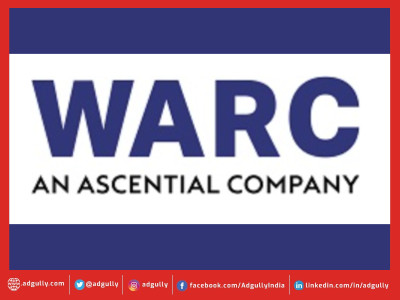



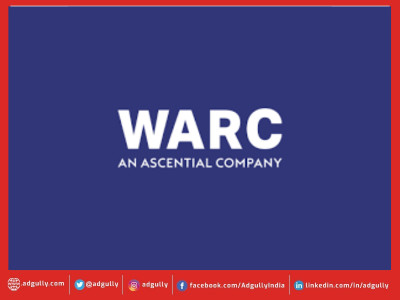

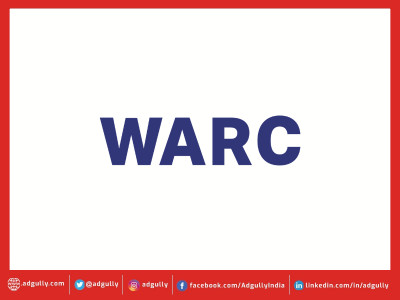
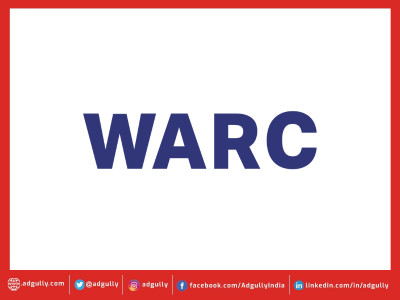
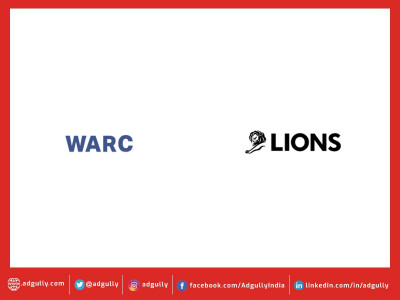
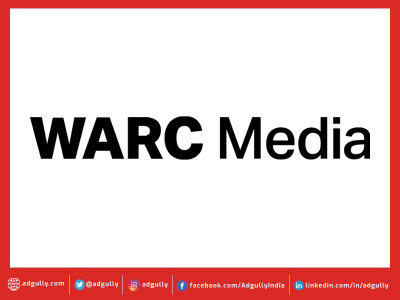

Share
Facebook
YouTube
Tweet
Twitter
LinkedIn